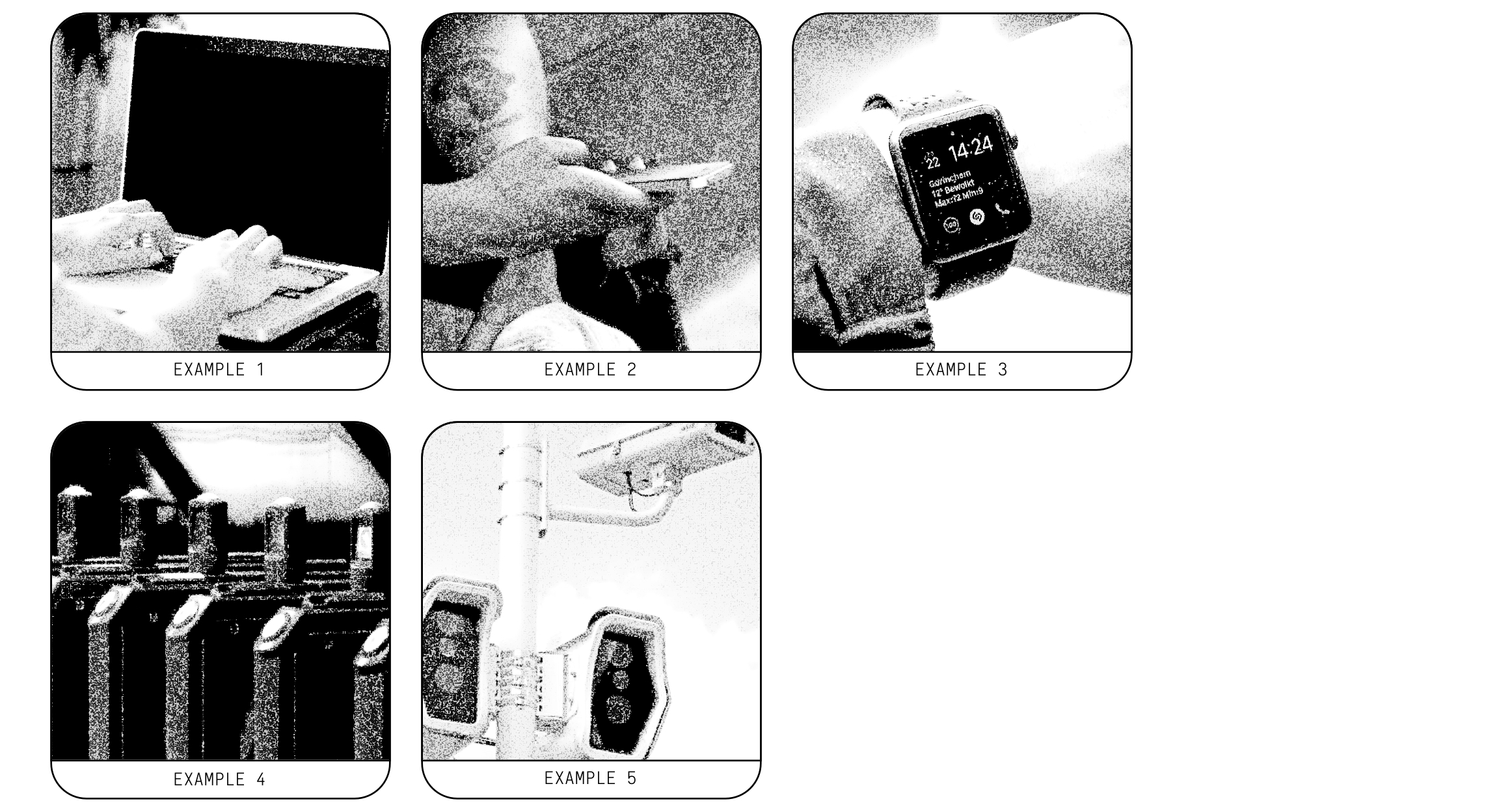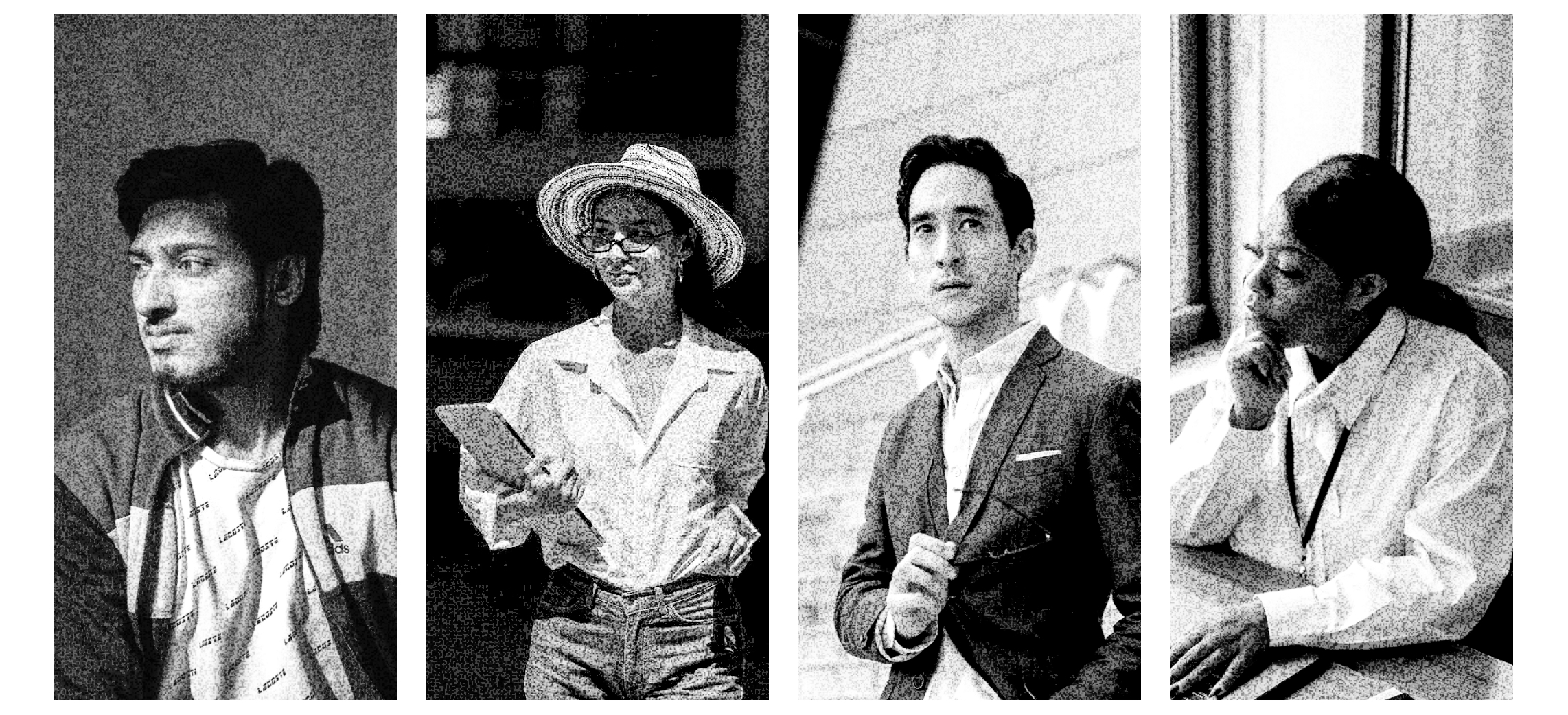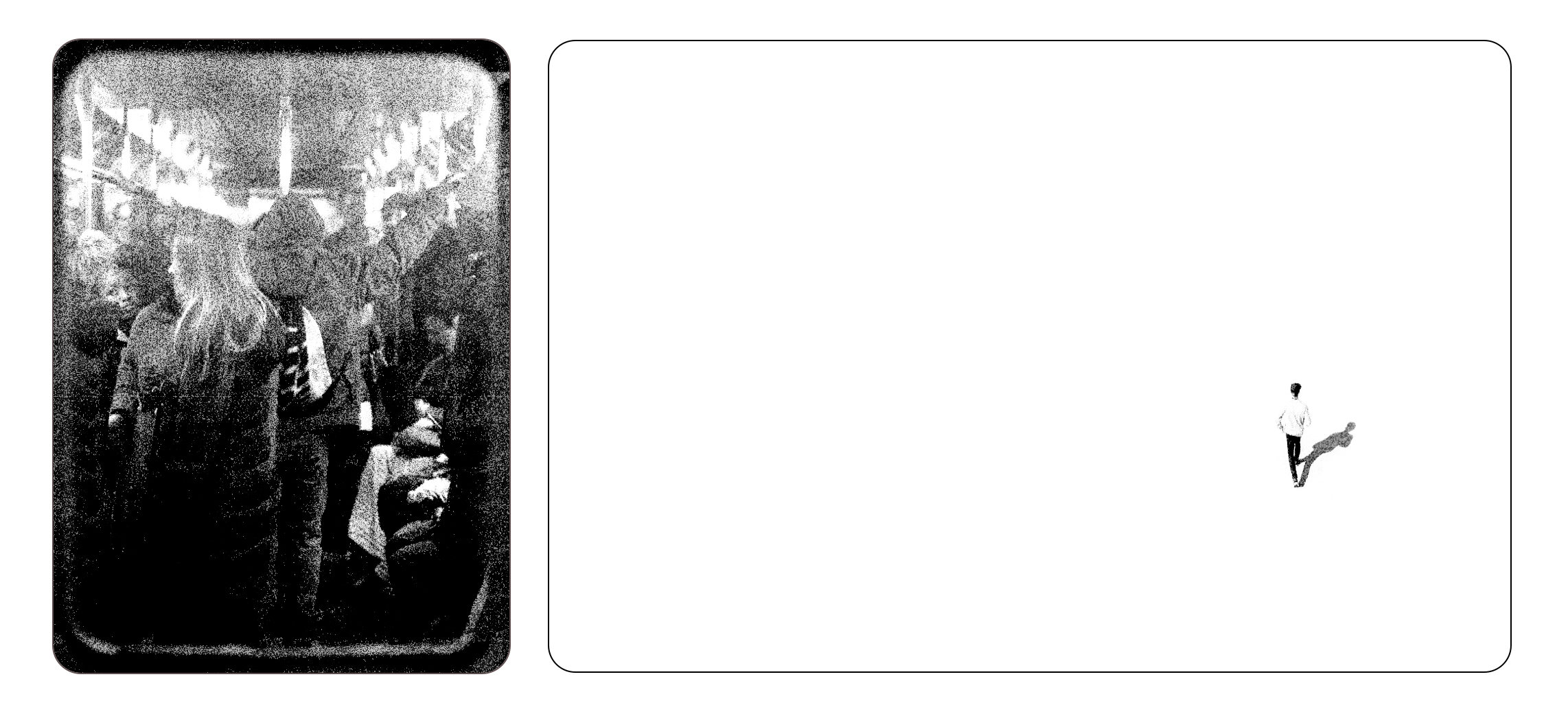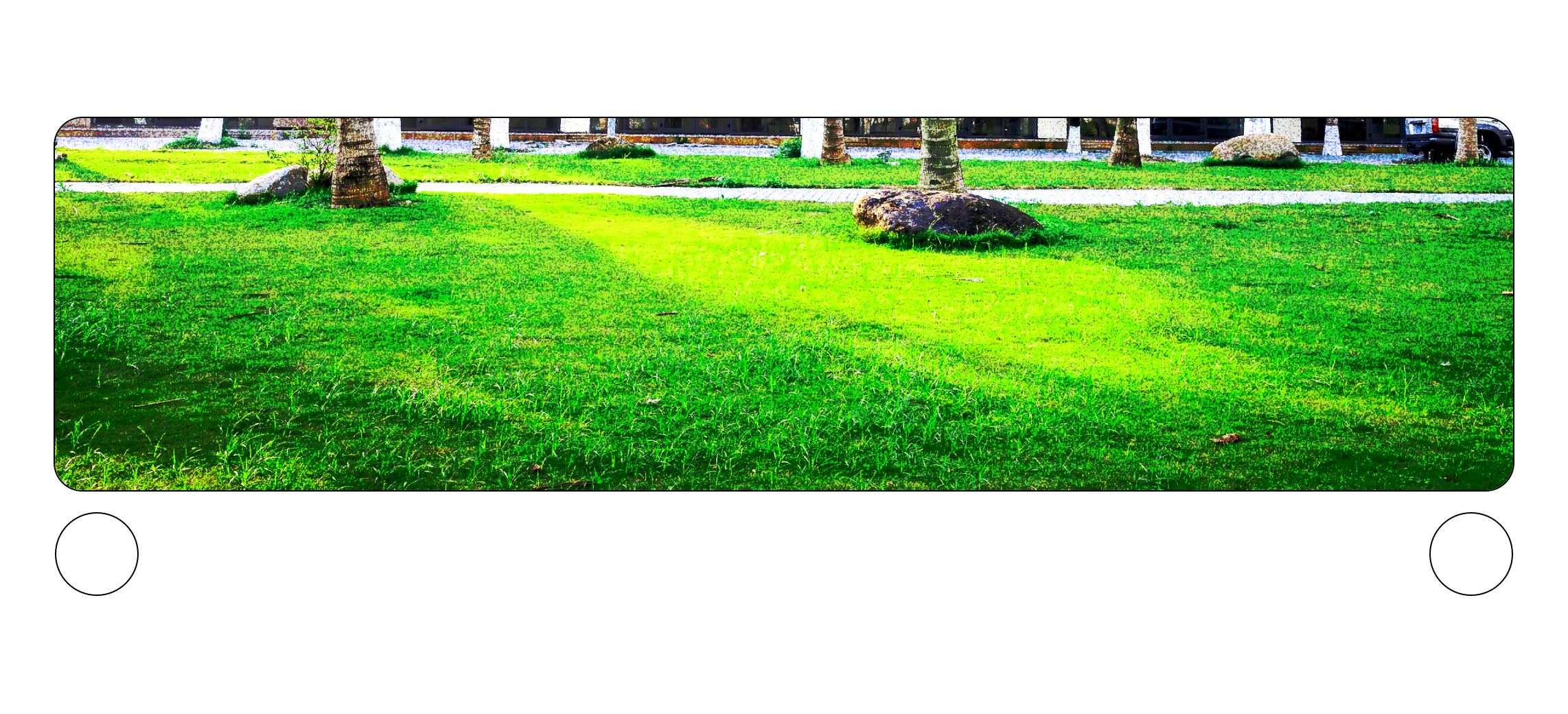A new blog, for problem-solvers.
June 14, 2023
Problem-solvers are people who figure out what causes pain. They want to know what to change in the world to relieve that pain.
It can be your food that gets cold when it is delivered. It can be complex, like keeping biomass frozen during transport.
I am starting this blog because problem-solving is rarely discussed as a process on its own. It's often seen as something developers do, or as 'entrepreneurship'.
There is a world of ideas that hold value, but can be confusing because they don't consider problem-solving as a separate process. To study something, we must be able to distinct it. The impact of what we build is large, so I feel it is worthwhile trying to understand better how we work.

Why now is the time to talk about systems
When building a solution in the year 2023, it will likely be a system. Organisations like DoorDash, McDonalds, Amazon or Shopify are all built on systems.
That may sound obvious. Yes, organisations are systems, and so is the software they operate on. I believe it is not straightforward how all of this works. Many integrations between services, apps and 'the cloud' add depth and complexity. How do you pull that together? Why do systems cost so much, and get so complicated to maintain?
New ventures are up against that complexity. That includes non-profit organisations, governments and startups.
Information is flowing between cloud platforms, industrial robots and wearable devices. For those looking to solve problems, it gets harder to think of these systems just as 'apps'.
We need to look at them as a whole.

Are you a problem solver?
You see people's pain, not in the dramatic sense of the word. You are curious to find the cause of pain in others. You are driven to solve that, because you see value in the future. For example: complicated tax forms or confusing road signs. The outcome of that benefits you and society at large.
You are set on solving it, and want to adopt a process to investigate, experiment, deploy and iterate on solutions. Those solutions will likely involve systems.
If you feel that you fit into one of these categories, you might be a problem solver:
- entrepreneur
- venture builder
- product manager
- non-profit program manager
- elected official
- strategist

What you can gain from reading this blog
Solving problems and building systems for people is a complicated task. I want to unpack that. I want learn from my mistakes in public and analyse the mistakes of others.
I want to attract ideas and criticisms from my readers. Problem solving is something many people do. We come from different backgrounds and have a unique perspective on this. I want to gather and make these perspectives accessible.
Talk on building systems frequently falls into technical a discussion. I don't want that here. My goal is help people understand and gain access to this. Especially for those who don't look at code every day.
Humans are at the mercy of the machines we create
Think of how a loan application is approved or rejected. How the decision is made on what video to show next on your news feed. We delegate thinking to computers so that we can sleep, while it does our work.
That is nice, but, real humans like ourselves are on the receiving end of automated decisions. To continue doing business in the long term, as problem-solvers we need social approval from our societies. Knowing how systems impact lives, can enable us to align them to all our best intentions.
To help your learning journey, I will link to explanations of terminology. I will include references to resources that I helped me learn this.

Who am I to write about this?
A green future is possible for our planet. I want to live in green cities, not in grey blocks of concrete, troubled with noise and pollution from our streets. Systems can realise the big change that make a green future a reality. It is possible, and it should be affordable.

Follow me to hear about new articles:
Twitter @igorhtan
LinkedIn
Articles coming up ->
Topics you can expect me to write on, these are in my drafts folder:
"2 different mind sets: 'can we?' 'should we?''"
"The total cost of building systems"
"3 things I believe about megacities"
"Generative AI for engineering"